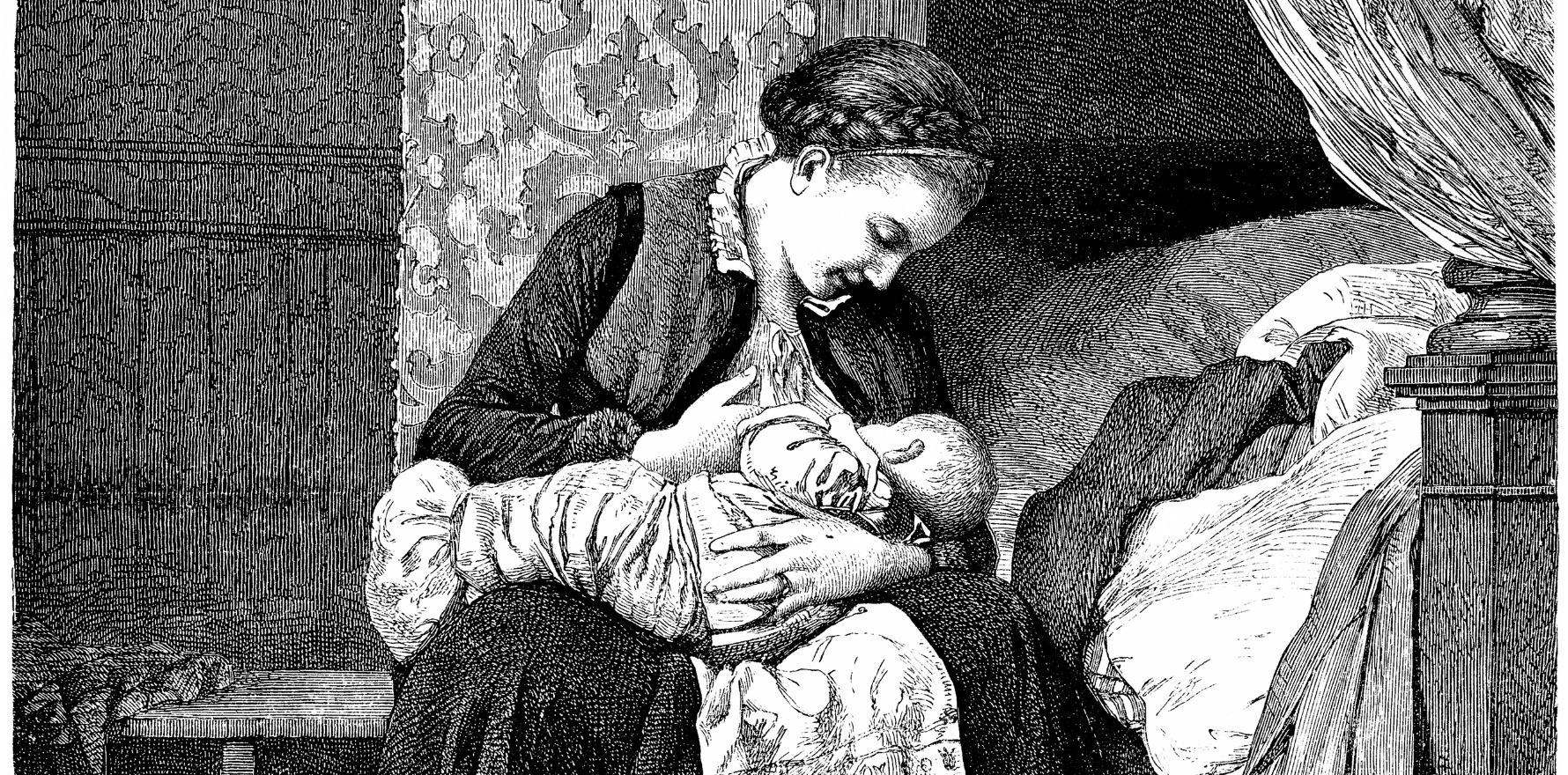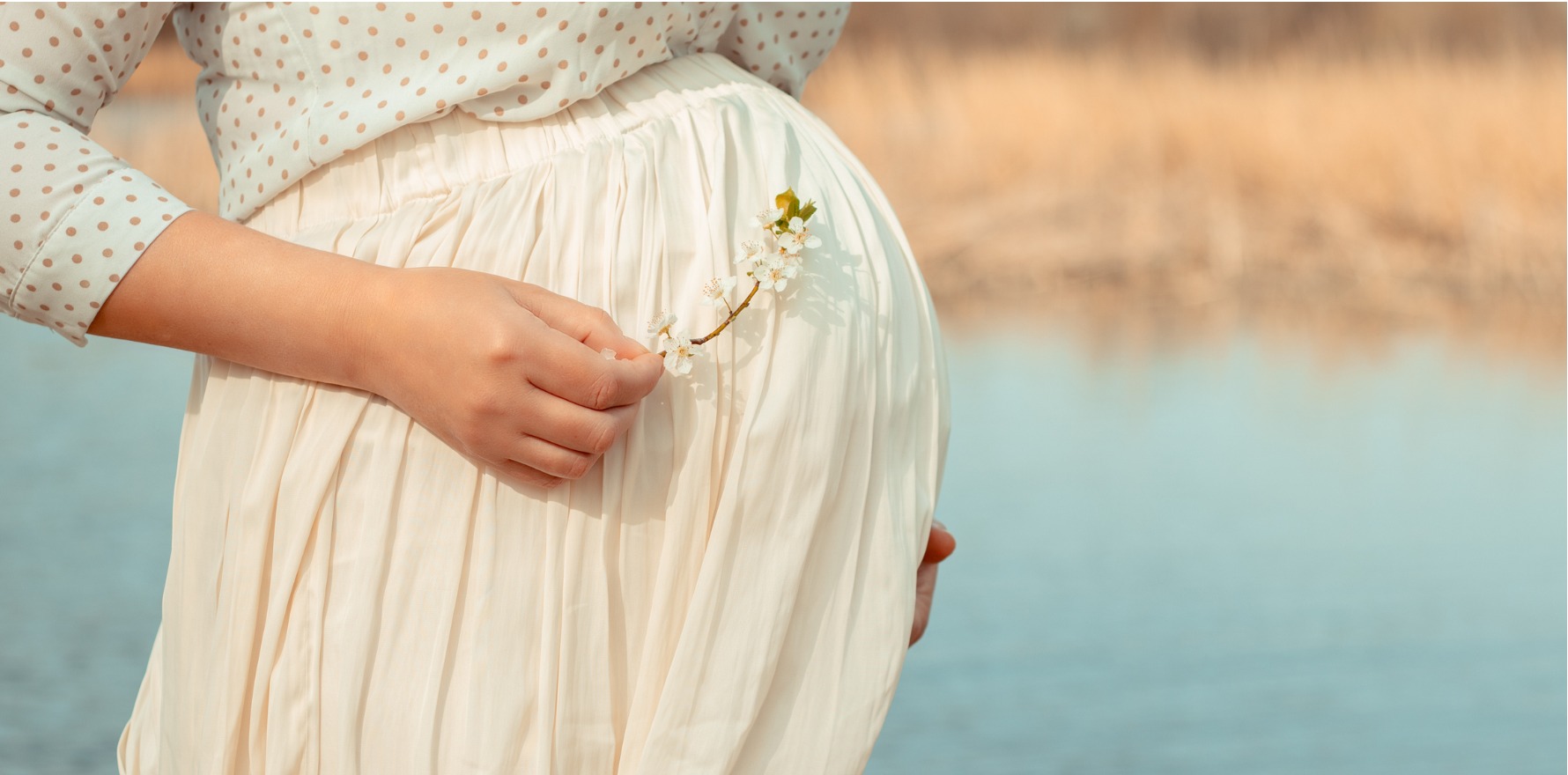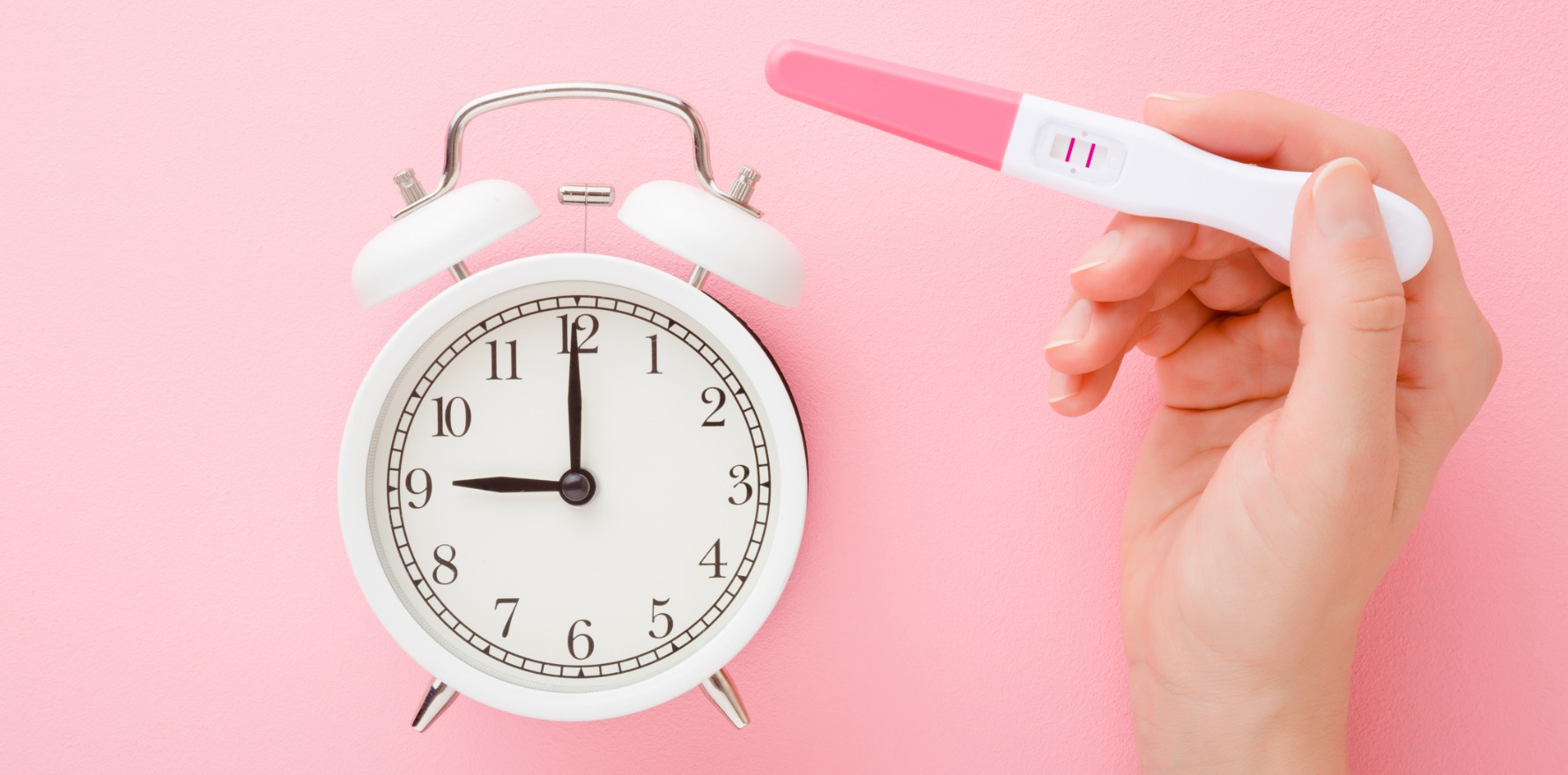A pair of studies report no elevated risk of the cancer returning or new cancers occurring.
Women who breastfeed after breast cancer treatment are no more likely to experience cancer recurrence or the development of new breast cancers, according to two studies presented at the European Society for Medical Oncology congress (ESMO 2024) in Madrid.
It has historically been uncertain whether women treated for breast cancer are safe to go on and breastfeed, mainly due to fears that the cancer may return as a result of the hormonal changes associated with pregnancy and breastfeeding.
“Until now, women and healthcare providers lacked information on whether breastfeeding is feasible after breast cancer surgery, on the safety of pausing adjuvant treatments for breastfeeding and on the hormonal changes related to it,” said Dr Maria Alice Franzoi, a French medical oncologist and researcher who was not involved in the current studies.
“Data from these two studies will be extremely useful to guide our practical discussions with young women diagnosed with breast cancer.”
The first study involved researchers following almost 5000 cancer survivors with a germline mutation in their BRCA gene for a median of seven years. Of these women, 474 went on to fall pregnant and give birth.
Over half of these 474 women had had preventative mastectomies, but nearly a quarter were able to breastfeed.
The researchers found no difference in the likelihood of women who breastfed their baby experiencing a breast cancer recurrence or developing a new breast cancer compared to women who did not breastfeed.
Related
The second study, which included 518 women with hormone-receptor-positive breast cancer who paused their treatment to have a baby, found similar results.
Two-thirds of the 317 women who had at least one baby during their treatment intermission breastfed their children. The proportion of women whose cancer recurred or who developed a new cancer was similar between the women who breastfed (3.6%) and those who did not (3.1%).
The authors of the second study stressed the need to stop thinking about women with breast cancer as a different kettle of fish to those who never have cancer.
“Doctors were worried to give these women the chance of having a baby,” said Dr Fedro Alessandro Peccatori, director of the fertility and procreation unit at the European Institute of Oncology IRCCS in Italy.
“Now, with this new information we can debunk the myth that breastfeeding is neither possible nor safe for breast cancer survivors. They can have a normal pregnancy and relationship with their baby, including breastfeeding.”
Dr Franzoi echoed called for greater awareness and planning when discussing potential pregnancies with breast cancer survivors.
“We should start thinking and discussing about survivorship care planning – including fertility preservation, pregnancy and breastfeeding for women who want to consider these options – at the time of diagnosis, so that they are prepared and empowered across the entire breast cancer journey for shared decision making,” she told media.





